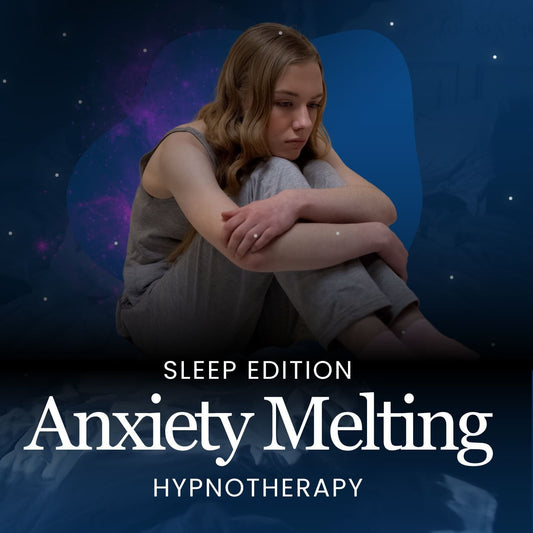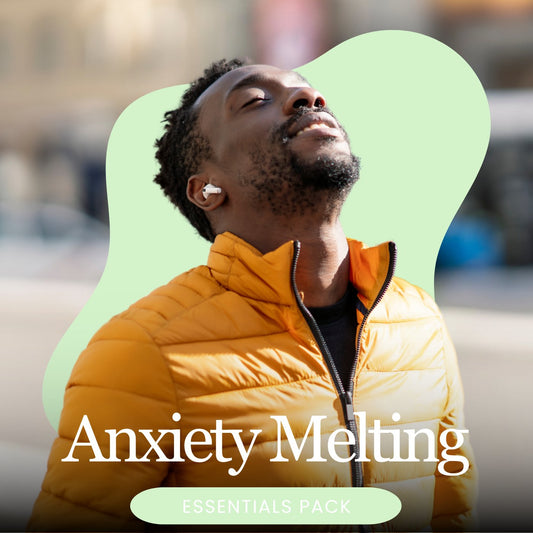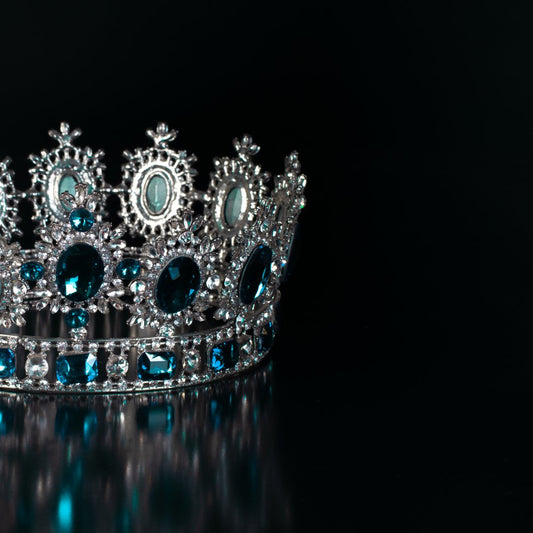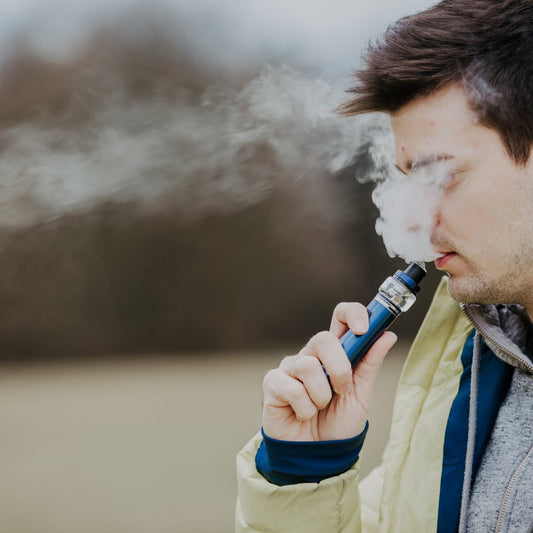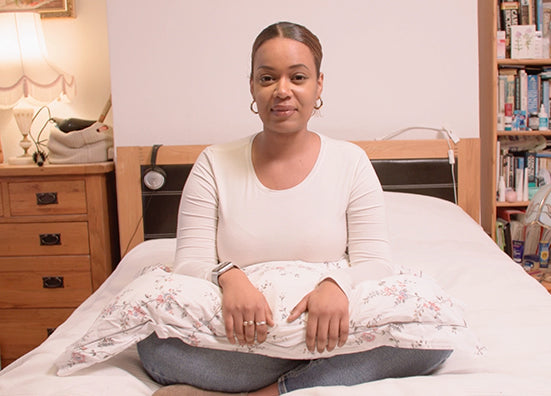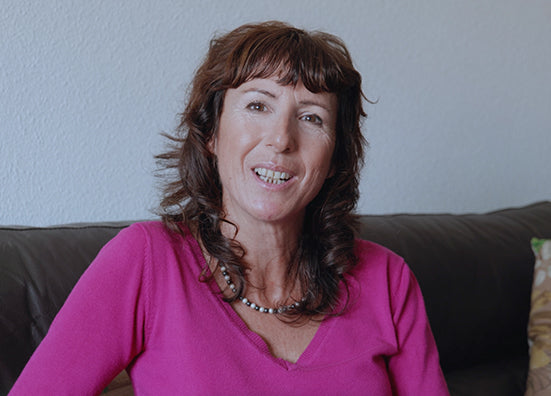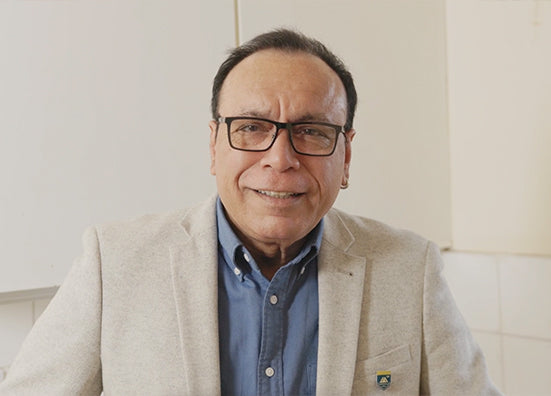
It was James Braid, who in the 1840s gave us the term' hypnosis.' It comes from the Greek word 'Hypnos,' meaning sleep.
When Braid witnessed patients falling asleep to the mesmeric words of the doctor, who then followed with a sort of cognitive therapy, he believed they had fallen asleep due to a build of fatigue, and that the therapy worked by relaxing and de-stressing the mind.
It has been suggested that the term was inaccurately patented because patients under hypnosis are usually not asleep. Instead, their mind is tuned into everything the hypnotherapist says and all the background sound is able to be set aside so there is nothing to break their concentration.
But the belief that you NEED to be awake to experience the benefits of hypnotherapy has been challenged over the last 25 years, as studies have repeatedly shown that the human brain is capable of receiving and processing auditory information even during deep sleep.
Click here for our Melt to Sleep Essentials Hypnotherapy Package
Here are 3 studies that support this theory:
1. 1998 - John's Hopkins University
'Using electrodes implanted directly on the human cortex, a Johns Hopkins University undergraduate has located the part of the brain that appears to process sounds while people sleep. This site, in the frontal lobe, may be part of a vigilance system that, for instance, rouses a mother when her baby cries but lets the woman sleep when a truck rumbles by.' [1]
This study explored what happened if the subjects listened to various audio tones while they were awake, during their light sleep cycle, and during deep sleep.
It proved our brains are aware of sounds during sleep. It didn’t go as far as testing whether or not the subjects remembered what they heard, but at least we now know for certain that our brains do register sounds while we are sleeping.

2. 2012 - Northwestern University
'If you have been practicing a piece of music, hearing it again while you are sleeping could help you play it more accurately the next time, according to a study from Northwestern University published online in June in Nature Neuroscience.
Sixteen participants with a range of musical education learned to play two melodies by pressing keys in time with a sequence of moving circles, as in the video game Guitar Hero. During a 90-minute nap, one of the tunes was played over and over during slow-wave sleep, which is thought to be an important period for memory consolidation. When the participants awoke, they were better at both tunes, but their accuracy was especially improved for the tune they had heard (without knowing it) in their sleep.
“Memory processing during sleep happens, and it can be beneficial,” says senior author Ken A. Paller. “The findings we have suggest that slow-wave sleep is a very important part of the process.” Future research will focus on the memory mechanisms at work during this stage of the sleep cycle—and their practical implications.' [2]
This study’s conclusions indicate our brains are not only capable of hearing what’s happening while we’re asleep, but they can also memorise what they hear.
Click here for our Melt to Sleep Essentials Hypnotherapy Package
3. 2015 - Study On Subconscious Learning While Sleeping
A more recent study on whether humans can learn while sleeping was carried out by Megan Scudellari in 2015. Scientists attached small sensors to the subjects' scalps to pick up electrical signals produced by the brain, using an electroencephalography (EEG) machine to track and record these signals.
The study showed that not only does the brain not switch off during sleep, it is in fact busy reviewing and storing memories. According to this study, the brain processes auditory information exactly the same as it does when we’re awake and actually responds preferentially to meaningful information.
The study concludes the brain not only hears the information, but it also processes it and prepares a response, making decisions while we sleep. Therefore, we can safely say the brain is active and ready to learn while sleeping.

(there are easier ways to do it than this...)
Here at Clear Minds we have put this theory to the test with our most recent project!
We have made a new selection of specialised self-hypnotherapy audio sessions that have no wake up cues at the end. They are specially designed to be played while you fall asleep you sleep, reinforcing the suggestions contained within them to your subconscious brain.
Try one of our special 'Sleep' edition sessions today. Or rather, tonight!
Anxiety Melting Sleep Edition
Deep Sleep Guided Meditation, Part 1
Deep Sleep Guided Meditation, Part 2
Or our incredible package that includes 3 of the Melt to Sleep sessions, as well as many others that can't be purchased separately:
Melt to Sleep Hypnotherapy Essentials Pack
We trust that you, like so many of our other happy customers, will discover how powerfully effective these sessions are when you listen to them whilst falling asleep. Please comment below and let us know!
------------------------------------------------------------------------------------------------------------
References:
[1] Science Daily: How Do We Hear While We Sleep (1998)
[2] Scientific American: Learn Music While You Sleep (2012)
[3] New Scientist: Why Learning in Your Sleep is an Idea that is Reawakening (2015)

